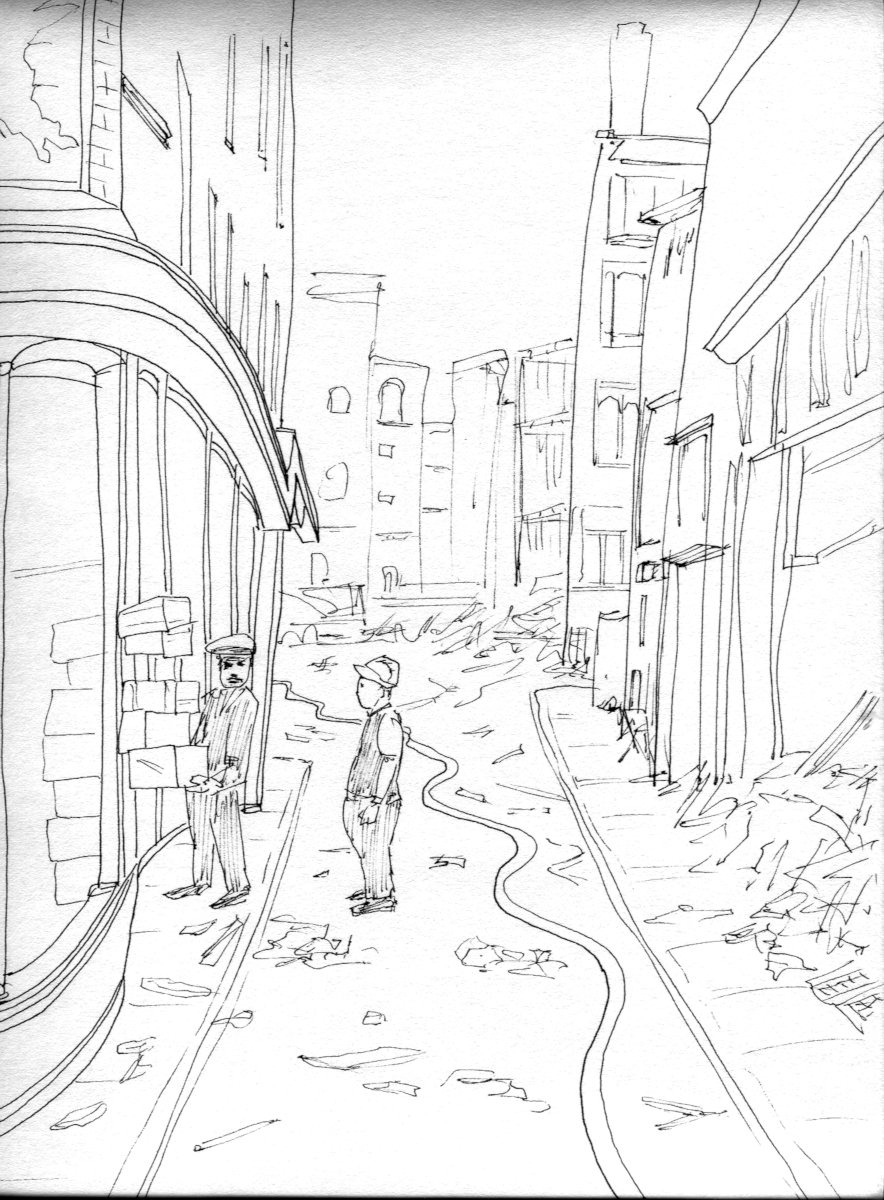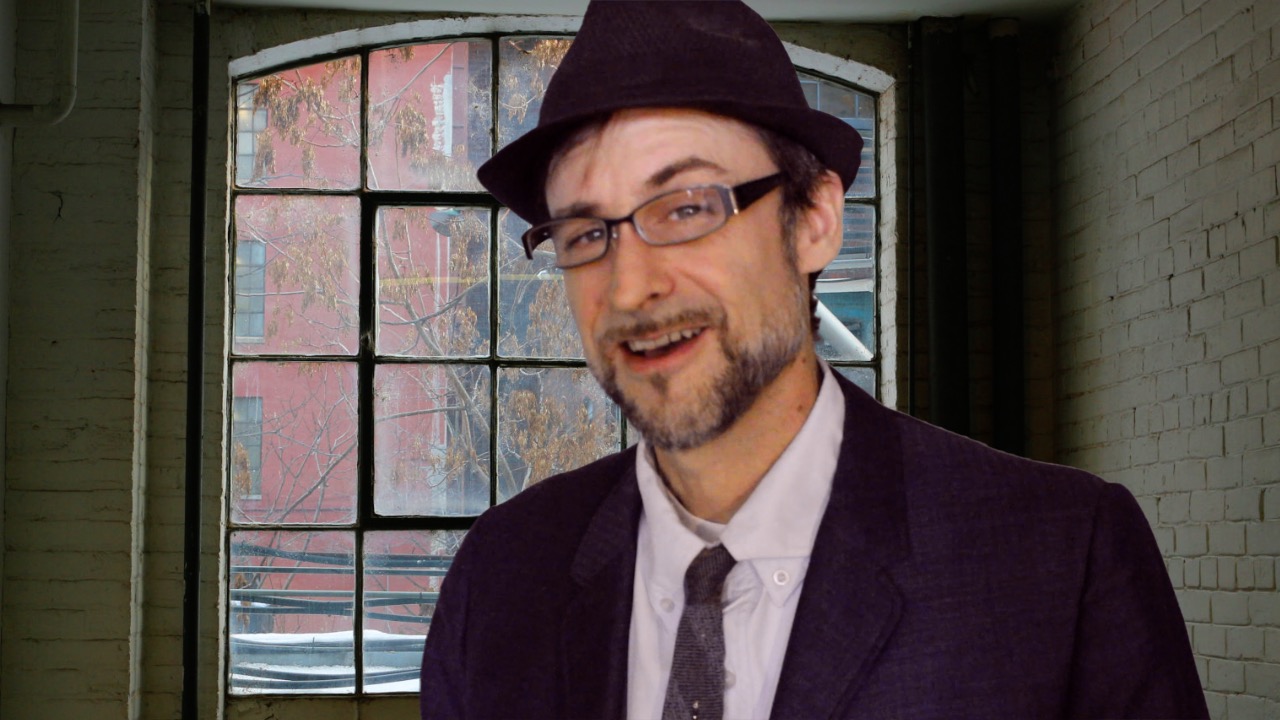Somebody still has to shift these boxes (top photo)
Hello, my friends – podcast time once again. Today I’m looking at a bunch of things which are popularly misunderstood on purpose, to support myths that we rather like. I don’t challenge these falsehoods to be mean, but because these myths get in the way of our clear understanding in some key areas, and make broader political understanding far more difficult than it has to be.
Along the way I talk about the early labour-organizing socialists, the Soviet Union, the first and second world war and the cold war which followed – which so many older folks still remember quite clearly. There is still more to say about the way very different things on the left are falsely linked and confused – but this seemed the necessary foundation upon which all the rest depended. I’ll have an episode about the human potential movement side of things, coming very soon!
The work of Count Alfred Korzybski continues to amaze and inspire today – and thinking deeply about his themes and approaches to clarity and understanding remains useful, even if you aren’t a student of logic or linguistics. Sadly, it is much harder now to find a nice print edition of his masterwork, “Science and Sanity” than it is to find a book about the philosophy to be found in a Disney film franchise.
Gregory Bateson also rewards the reader powerfully, and in his “Mind and Nature” especially, asks much less hard work of us, for the many intellectual and spiritual delights on offer.
Victor Suvorov contributed several volumes which are essential to anyone interested in the weirdness of the cold war USSR, seen through Russian eyes. “The Liberators” talks about his time in the Red Army in a darkly hilarious way. Sometimes sounding as if Joseph Heller had been describing literal truth, and not writing surreal satire.
“Aquarium” tells of his time in the GRU (military equivalent of the KGB) and Soviet intelligence philosophies.
“Icebreaker” and several following volumes break down his view of second world war history in detail. There is still controversy (decades of myth aren’t swept away instantly), but it does explain many things which were always highly unbelievable about the official narrative. The Germans are especially offended at the idea that Stalin was a smarter megalomaniac than Hitler. Strange what pride people will derive, even in a backhanded way.
Extra fiddly-detail note, just for my fellow technician friends, I should point out one more piece of missing history from the Battle of Britain – the British didn’t just have brand new radar systems to guide their outnumbered forces to where they could do the most good – they also had a well organized system to recover, repair and cannibalize any aircraft which had been damaged or shot down. The Germans had planned this side of things very badly, and major repairs on their aircraft required rail shipments from the forward airfields in France all the way back to specialized workshops in Germany. As the battle wore on, the Germans had more and more machines which weren’t serviceable for battle – while the British were putting more and more cannibalized planes that might easily have been seen as write-offs, back into the battle successfully. The way the curves of repair backlogs change over the course of the battle says just as much as the daily casualty figures. More, in some ways, since both sides were always wildly off in their estimates of enemy losses, in every phase of the war.
Mind you – I still think it was the ‘big wing’ strategy – which would have been foolish and wasteful, if launched early in the battle, but was finally tried after weeks of incredibly hard fighting – which shocked and then shattered the confidence of the Luftwaffe. To be told by your commanders that the enemy was almost completely out of aircraft because of your superior skill and equipment, and then suddenly see bigger formations of planes in the sky than you ever had before, had to have been incredibly disheartening. The network of production factories had already been going full-tilt for months – it was the technicians and mechanics (including many women in the skilled trades) and their overall organization which really made that big-wing shocker possible. The Germans were forced to switch tactics – and though the night attack “blitz” which followed was very difficult for civilians, it also meant the Germans were too afraid to attack by day in numbers, and had given up completely on their plan to invade and conquer England before launching the main event – the opening of hostilities with Russia.
¯\_(ツ)_/¯










[…] was already well into the writing of this episode when the anniversary of my two year ago episode “Upright Wobblies and Low-Down Commies” came up on facebook. These two should pair well, since that one talked about the earlier […]